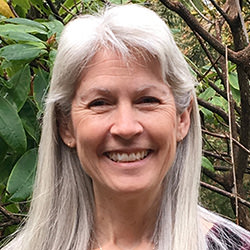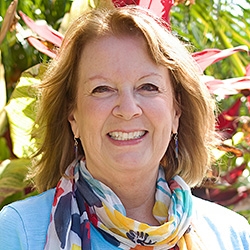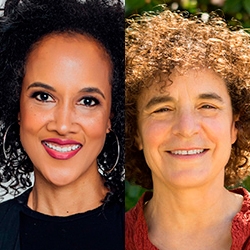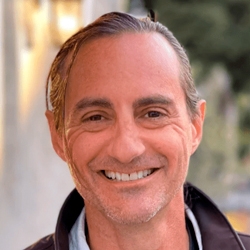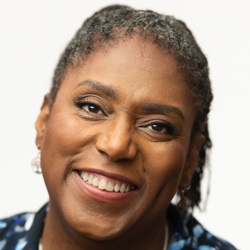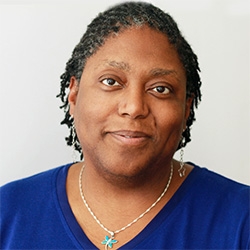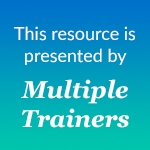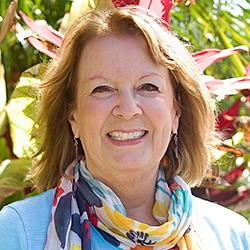

Search Results: differences
-
- Dive deep into Peaceful Living: Daily Meditations for Living with Love, Healing and Compassion with the author
- A year-long container to reflect, realign, and return to what matters most
- Experience the combination of Mary’s wisdom, daily meditations, and community
- Enjoy accompaniment and loving support throughout 2026 with like-minded individuals
-
-
Please join us as we take a deeper look into this mysterious word, “community.” In this Trainer Dialogue recording, we explore the living process of creating, uniting and nurturing NVC communities so that they transcend yet sustain and empower their members.
-
Trainer Tip: We can expand our connection to humanity by considering the many strategies people use to meet our common needs.
-
- Discover how Spiral Dynamics can offer more understanding of human nature
- Learn from a Ukrainian NVC trainer and Spiral Dynamics experts
- Better grasp the evolution of human needs, values, and life conditions
- Explore how to apply NVC in situations that involve extreme violence
-
- Find your voice in response to words you hear as racist
- Build bridges across significant differences of opinion
- Become a powerful ally for the racial justice movement
-
Learn the two core aspects of NVC: consciousness and tools to express it.
-
Do you ever think you have the perfect answer for someone who is struggling? Eric offers a tip on how to approach situations like this.
-
When working to repair a relationship after conflict, and after reaching mutual care and understanding, you’re more likely to prevent future disconnection in similar situations by coming to clear, specific, and actionable agreements. Ensure requests for agreements come from a negotiable needs-based dialogue. Clarify specifics and plan to revisit agreements to assess their effectiveness.
-
- Learn, practice, and integrate the basic components of NVC
- Understand how to use observations, feelings, needs, and requests
- Grow your communication skills and strengthen your relationships
- Discover how to express yourself honestly and authentically!
-
Explore NVC’s core elements alongside universal spiritual principles.
-
Inclusive teams face challenges openly, embracing discomfort to build real safety.
-
What's really going on underneath the surface when we bring or encounter blame, judgements, pain -- and thereby the inability to empathize, be present, attuned, or responsive? Why does this happen even if one or more people in a relationship dynamic is working hard at bringing in an NVC response? This article addresses these and more questions from the perspective of how our brains are affected in our relationships.
-
The existing unequal risks and impacts people of certain race, class and identities face in society is magnified in these strenuous times -- especially with things such as illness, financial well being, discrimination, attacks, and death. As responsive NVC practitioners we can stand in solidarity with those who are differentially impacted. Read on for this, and additional ways to spot common pitfalls of doing so.
-
In treating everyone the same, we perpetuate inequities. If we want NVC consciousness to spread globally, it's crucial to acknowledge how various demographics are have varying capacities, and are differentially perceived, treated and impacted. Modifying our NVC teachings can increase equity and reduce the frequent judgement, disbelief, denial, insistence, non-resonance and re-marginalization that so many experience in NVC circles.
-
Have you ever been in a meeting where the agenda is full and someone gets triggered? Did you get stuck in an empathy spiral and a never ending meeting? Roxy Manning shares the difference between healing empathy functional empathy.
-
Join CNVC Certified Trainer and Certified Focusing Teacher Shulamit Berlevtov in this brief exercise called the Wheel of Awareness. This exercise will help you become aware of how to distinguish and differentiate your life experience.
-
-
Trainer Tip: The ways that we interact with our children shape the way they will interact in their world. How do your actions model compassion, tolerance, and love for your children?
-
For many, spending time with relatives over the holidays may be challenging. In addition to the love and care we may feel, family gatherings can bring up old hurts or expose painful differences. How many family meals have been marred by tense silence or devolved into harsh argument?

Quick Links
Subscription Preferences
Stay In Touch!
Looking for ways to keep up with NVC Academy news, get special offers, free resources, or words of inspiration? Here are five ways to stay engaged:


